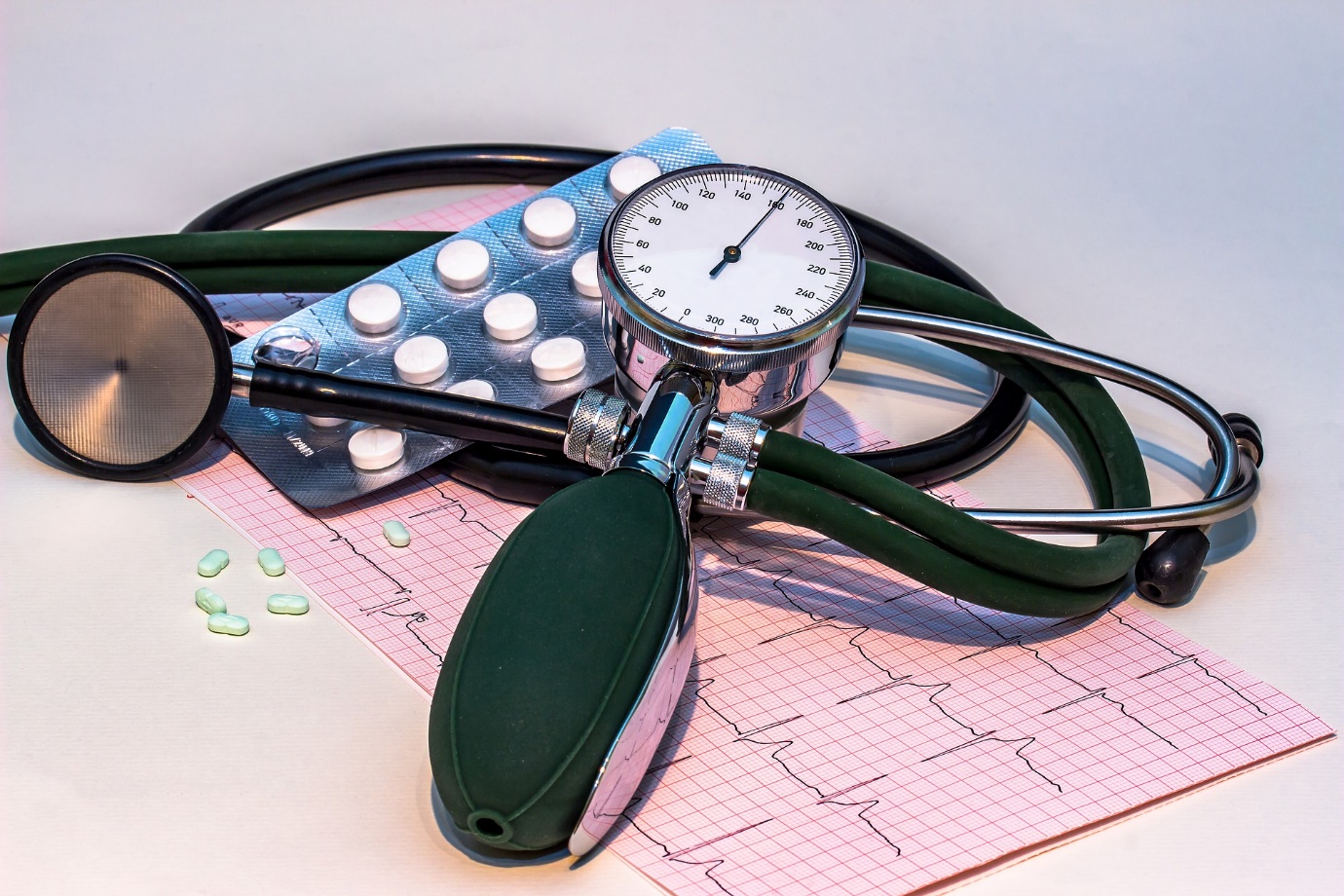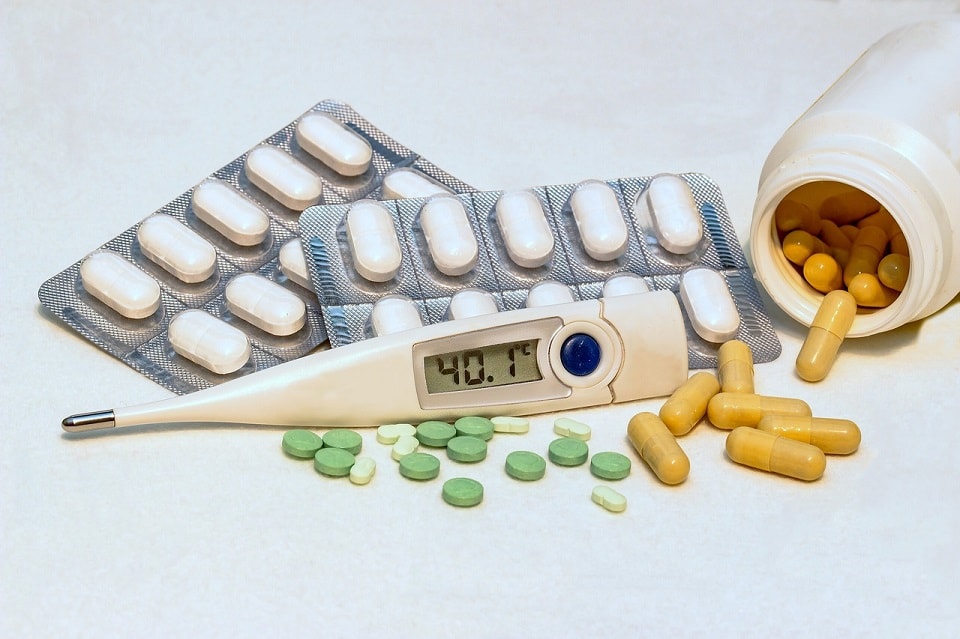When should women start their health screenings?

Swipe to view more
| When to start | Test | Frequency | Reason |
| 18 |
Blood pressure test |
Every 2 years at least (more often if you have a medical condition) | The ideal blood pressure for women is less than 120/80 mmHg. Hypertension or hypotension can lead to cardiovascular diseases, strokes and kidney failure. |
| 18 | Skin exam | Monthly | Women should regularly inspect their skin and take note of unusual moles. Inform a doctor or dermatologist if there are any, as it might be an early sign of skin cancer. |
| 20 |
Clinical breast exam |
Every 3 years for women in 20s and 30s. Every year for women 40 and over. |
This detects potential development of breast cancer at an early stage. |
| 21 |
Pelvic exam |
Every year |
This identifies possible cervical cancer. |
| 21 |
Pap smear |
Every 3-5 years | This identifies possible cervical cancer. |
| 30 |
HPV test |
Every 3-5 years |
A joint HPV test and Pap smear has been proven to be more effective at detecting HPV infections and cervical cancer, compared to just doing the Pap test alone. |
| 35 |
Cholesterol screening |
Every 5 years (earlier for women with higher risk factors) |
High cholesterol puts you at higher risk of heart attack and stroke. |
| 40 | Mammogram |
Every 1–2 years |
This identifies early signs of breast cancer. |
| 45 |
Blood glucose test |
Every 3 years |
High blood glucose levels indicate higher risk of diabetes. |
| 50 | Colonoscopy | Every 10 years | These colon screenings check for possible colorectal cancer. |
| 50 | Flexible sigmoidoscopy |
Every 5 years |
These colon screenings check for possible colorectal cancer. |
| 50 | Fecal occult blood test |
Every year |
These colon screenings check for possible colorectal cancer. |
| 50 |
Rectal exam |
Every 5 – 10 years |
This detects colon cancer at an early stage. |
| 65 |
Bone mineral density test |
At least once |
This identifies osteoporosis and bone loss. Women with higher risk factors, such as fractures in the past or smaller frame, should start earlier. |
|
When sexually active |
Chlamydia test |
Every year |
This prevents the spread of chlamydia. |
|
When sexually active |
Sexually transmitted disease (STD) screening |
Before starting sexual activity |
For women and their partners, getting checked early prevents the spread of STDs including HIV.
|
This schedule is a general guideline on several important health screenings and when women should start them. However, some may need to start earlier depending on their risk factors. Discuss with a healthcare professional to determine the right routine.
Preventive health screening is a way of ensuring you can find health problems and begin treatment before they become serious. Another way to plan ahead is to get a comprehensive medical plan that helps you cope with financial burdens and future uncertainties should anything happen.
Allianz Malaysia has various medical plans including a dedicated Lady Guard Plan for female-related cancer and illnesses. Find out more and get the right medical protection for your needs!







